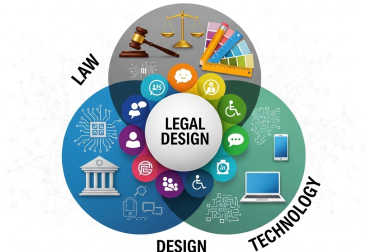For decades, billable hours have been the cornerstone of legal billing, serving as the primary metric for measuring the value of legal services. However, as the legal industry evolves in response to shifting client demands, technological advancements, and changing market dynamics, the future of billable hours is increasingly uncertain. This article explores the evolving landscape of legal billing and examines the potential implications for the future of billable hours in the legal industry.
The Limitations of Billable Hours:
While billable hours have long been the standard practice in legal billing, they are not without their limitations. Critics argue that billable hours incentivize inefficiency, as they reward lawyers for time spent rather than results achieved. Additionally, billable hours can lead to inflated costs for clients and create a barrier to access to justice for individuals and organizations with limited financial resources.
Alternative Billing Models:
In response to these challenges, many legal firms are exploring alternative billing models that prioritize value and outcomes over hours worked. Value-based pricing, for example, ties legal fees to the perceived value of the services provided, rather than the time spent on a matter. Subscription models, flat fees, and contingency arrangements are also gaining traction, offering clients greater predictability and transparency in pricing.
The Role of Technology:
Advancements in legal technology are also reshaping the way legal services are delivered and billed. AI-powered tools, such as document automation and predictive analytics, enable lawyers to work more efficiently, potentially reducing the need for billable hours. Additionally, client portals and online billing platforms offer greater visibility into the billing process, allowing clients to track their legal expenses in real-time and make more informed decisions about their legal matters.
Client Expectations and Market Dynamics:
As clients become increasingly sophisticated and cost-conscious, they are demanding greater value and transparency from their legal providers. Many clients are pushing back against traditional billable hour arrangements in favor of alternative billing models that offer greater predictability and flexibility. In response, legal firms are adapting their billing practices to better align with client expectations and market demands.
Navigating the Future:
While the future of billable hours in the legal industry remains uncertain, it is clear that change is on the horizon. Legal firms that embrace innovation, adopt flexible billing models, and leverage technology to enhance efficiency and transparency will be well-positioned to succeed in the evolving legal landscape. By prioritizing value, outcomes, and client satisfaction, legal providers can navigate the future of billing with confidence and integrity.
Conclusion:
The future of billable hours in the legal industry is undergoing a profound transformation, driven by changing client expectations, technological advancements, and market dynamics. As legal firms navigate this uncertain terrain, they must remain agile, adaptable, and responsive to the evolving needs of their clients. By embracing alternative billing models, leveraging technology, and prioritizing value and transparency, legal providers can position themselves for success in the dynamic and competitive legal marketplace of the future











